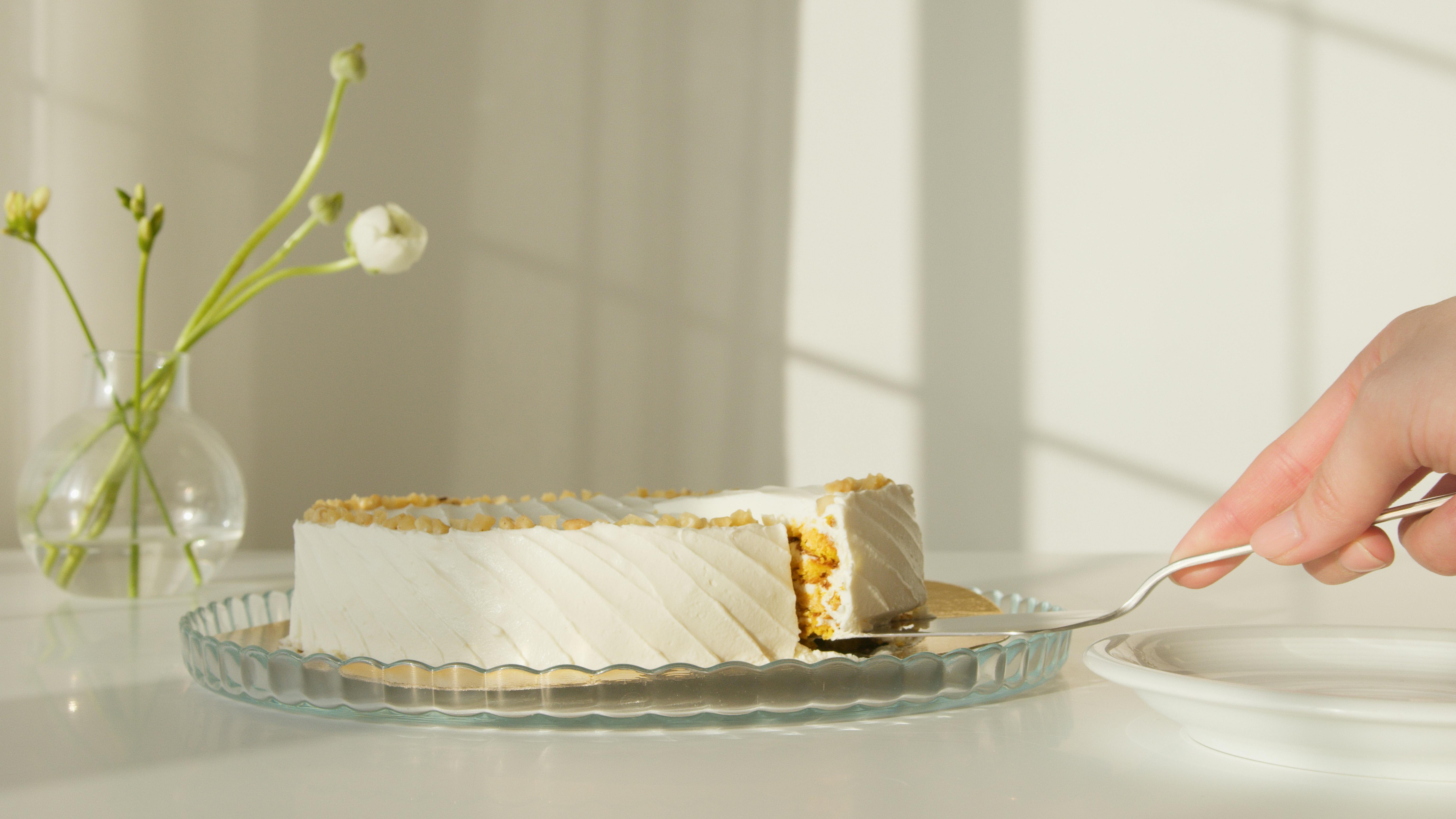It can be embarrassing and uncomfortable to have food stuck in your teeth. Whether you’re out at a restaurant, meeting new people or attending a special occasion, the last thing you want is for someone to point out that you have food stuck in your teeth. Fortunately, there are some simple tips and tricks that can help you prevent food from getting stuck in your teeth and make it easier to remove if it does happen. In this article, we’ll discuss why food gets stuck in your teeth and what you can do to prevent it from happening.There are several reasons why food can get stuck in teeth, including poor oral hygiene, tooth decay, missing teeth, misaligned teeth, and food that is not chewed properly. Poor oral hygiene can lead to a buildup of plaque, which traps food and can cause it to get stuck in between the teeth. Tooth decay weakens the enamel of the tooth and makes it easier for food to become lodged in it. Missing teeth result in gaps between the teeth that can trap food particles. Misaligned teeth make it difficult to floss between them and remove food debris. Finally, if the food is not chewed properly before being swallowed, larger pieces can remain lodged in the teeth after eating.
What Causes Food To Get Stuck In Teeth?
Food can get stuck in teeth due to a variety of reasons. One of the most common causes is having food particles that are too large for the size of one’s teeth. If the food particles are too big, they will not fit through the small spaces between the teeth and gums, resulting in the food getting stuck. This can be especially true when eating tough or fibrous foods such as steak, celery, or popcorn.
Another cause of food getting stuck in one’s teeth is improper oral hygiene. When plaque and tartar build up on the surface of one’s teeth, it can create a sticky texture which can act like glue and trap food particles in it. Not brushing or flossing regularly can lead to an accumulation of plaque and tartar on teeth.
Having crooked or misaligned teeth can also make it more difficult for larger pieces of food to pass through the spaces between one’s teeth. This can cause food to become lodged in those areas and be difficult to remove without proper dental care.
Finally, having dry mouth or a lack of saliva flow can make it harder for saliva to wash away pieces of food that are stuck in between one’s teeth. Saliva helps to keep our mouths moist and also helps break down pieces of food that are too large for us to chew properly. Without enough saliva, these pieces may remain stuck in our mouths longer than usual and become harder to remove without proper dental care.
Removing Food Stuck in Teeth
It can be embarrassing to have food stuck in your teeth. Not only does it create an awkward situation with friends and colleagues, but it can also lead to bad breath and other dental issues. Fortunately, there are several ways to remove food that is stuck in your teeth.
The first step is to use dental floss. Dental floss is designed specifically for removing food particles from between the teeth. Use a gentle back-and-forth motion to slide the floss under the food particles and pull them out. This method may take a few tries, but it is usually effective in removing most of the food particles.
Another option is to use a toothpick or interdental brush. These tools are designed specifically for reaching between teeth and removing debris. Be sure to use gentle pressure when using these tools as they can cause damage if used too aggressively.
If the food particles are still stuck after using these methods, then you may need to see a dentist for professional help. A dentist can use special tools such as scalers and curettes to remove any stubborn food particles from between your teeth.
Finally, you should make sure that you brush and floss your teeth regularly so that food particles do not become lodged in between your teeth in the first place. Regular brushing and flossing will help keep your mouth clean and make it less likely that food will become stuck in your teeth again in the future.

Impact Of Having Food Stuck In Teeth
Having food stuck in your teeth can be an uncomfortable and embarrassing situation. Not only does it affect your appearance, but it can also have a negative impact on your oral health. If food is left in the teeth for too long, it can lead to tooth decay and cavities, as well as bad breath. Additionally, food particles stuck in between the teeth can cause plaque buildup, gum disease, and even tooth loss. Moreover, it can be difficult to remove food from the teeth without proper dental hygiene or the help of a dentist or hygienist.
It is important to clean your teeth after every meal by brushing and flossing to avoid having any food particles stuck in between them. Doing so will help keep your mouth healthy and prevent any potential problems that could arise from having food stuck in between your teeth. Additionally, avoiding sugary snacks and drinks will also help reduce the risk of tooth decay caused by trapped food particles. Regular dental checkups are also important for preventing any dental issues that may occur due to having food stuck in the teeth.
Common Complications Of Having Food Stuck In Teeth
Having food stuck in your teeth can be a nuisance and an embarrassment. If not properly removed, it can lead to a variety of complications that can affect the health of your mouth. Here are some of the most common complications associated with having food stuck in your teeth:
The first, and perhaps most obvious, complication is tooth decay. When food gets stuck between your teeth, bacteria can build up and begin to feed on the food particles. This will cause acid to form and start eating away at the enamel on your teeth. In time, this can lead to cavities, which will require a filling or other dental work to repair.
Another common complication from having food stuck in your teeth is bad breath. The longer food stays lodged between your teeth, the more bacteria will accumulate and the more pungent odors will be released as it breaks down. This can lead to social awkwardness and embarrassment if not addressed quickly.
Gum disease is another complication that can result from having food stuck in your teeth for an extended period of time. Bacteria will accumulate in the area around the lodged food particles, leading to inflammation and irritation of the gums. Left untreated, this inflammation can cause infection and even tooth loss if severe enough.
Finally, having food stuck in between your teeth may also cause pain if left unchecked for too long. The pressure from lodged particles may cause pain when you bite down or chew certain foods, making eating uncomfortable or even unbearable at times.
These are just some of the common complications associated with having food stuck in your teeth that you should be aware of. Be sure to take proper care of your mouth by brushing regularly and flossing after meals so that these issues don’t become a problem for you!
Brush and Floss Regularly
One of the best ways to prevent food from getting stuck in your teeth is to brush and floss regularly. Brush at least twice a day with a soft-bristled toothbrush and fluoride toothpaste. Floss daily to remove food particles and help prevent plaque buildup. It’s also important to use an antiseptic rinse after meals and snacks. This will help to remove any remaining food particles that may be caught in between teeth.
Avoid Sticky Foods
It’s also important to avoid sticky foods that are more likely to get stuck in your teeth. Examples include candy, dried fruits, and nuts. If you do eat these foods, make sure you brush or floss immediately afterward to remove any particles that may be stuck in your teeth.
Drink Plenty of Water
Drinking plenty of water throughout the day is another great way to prevent food from getting stuck in your teeth. Water helps to flush away food particles that may be lingering on or between your teeth. It also helps to neutralize acids that can cause tooth decay and cavities.
Chew Sugarless Gum
Chewing sugarless gum after meals can also help prevent food from getting stuck in your teeth. Chewing sugarless gum increases saliva production, which helps flush away any remaining food particles on or between the teeth. Additionally, gum containing xylitol has been shown to reduce the risk of cavities.
Visit Your Dentist Regularly
Finally, it’s important to visit your dentist regularly for routine checkups and cleanings. This will help ensure that any trapped food particles are removed before they have a chance to cause damage or decay. Your dentist can also give you advice on how best to prevent food from getting stuck in your teeth between visits!

Conclusion
Having food getting stuck in your teeth can be a very annoying and embarrassing experience. It is important to take proper care of your teeth to prevent food from getting stuck. Brushing your teeth twice a day and flossing regularly are essential for healthy teeth and gums. Additionally, it is important to visit the dentist every 6 months for regular check-ups and cleanings. Eating nutritious foods, drinking plenty of water, and avoiding sugary snacks can also help prevent food from getting stuck in your teeth. Taking these simple steps can help you maintain a healthy smile free of food particles!
In conclusion, taking the necessary steps to prevent food from getting stuck in your teeth is an important part of oral health maintenance. Regular brushing, flossing, check-ups with the dentist, eating nutritious foods, and drinking water are all great ways to keep your smile looking its best!
